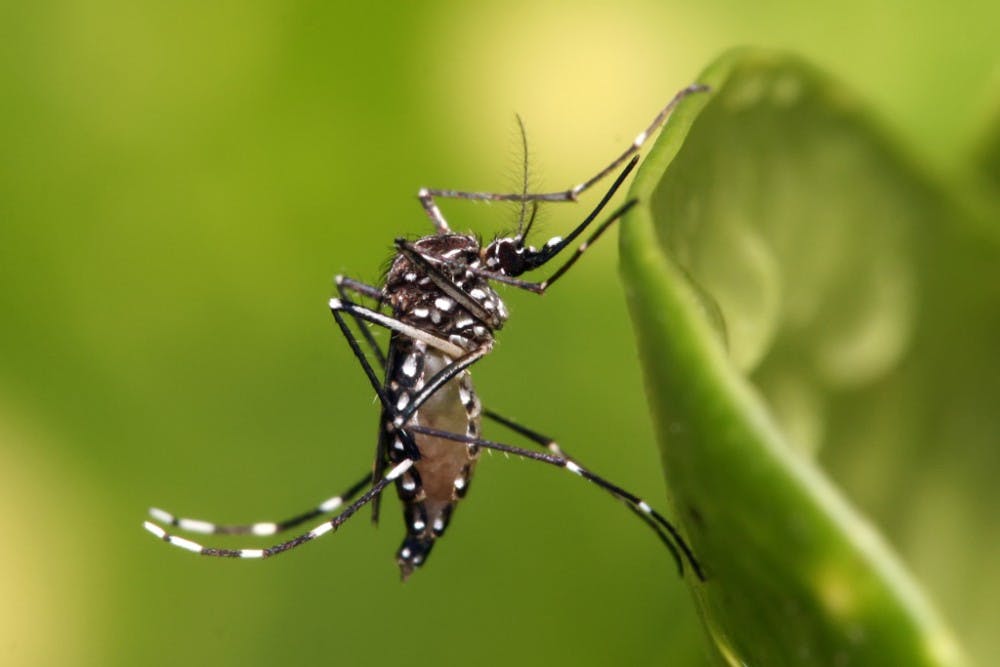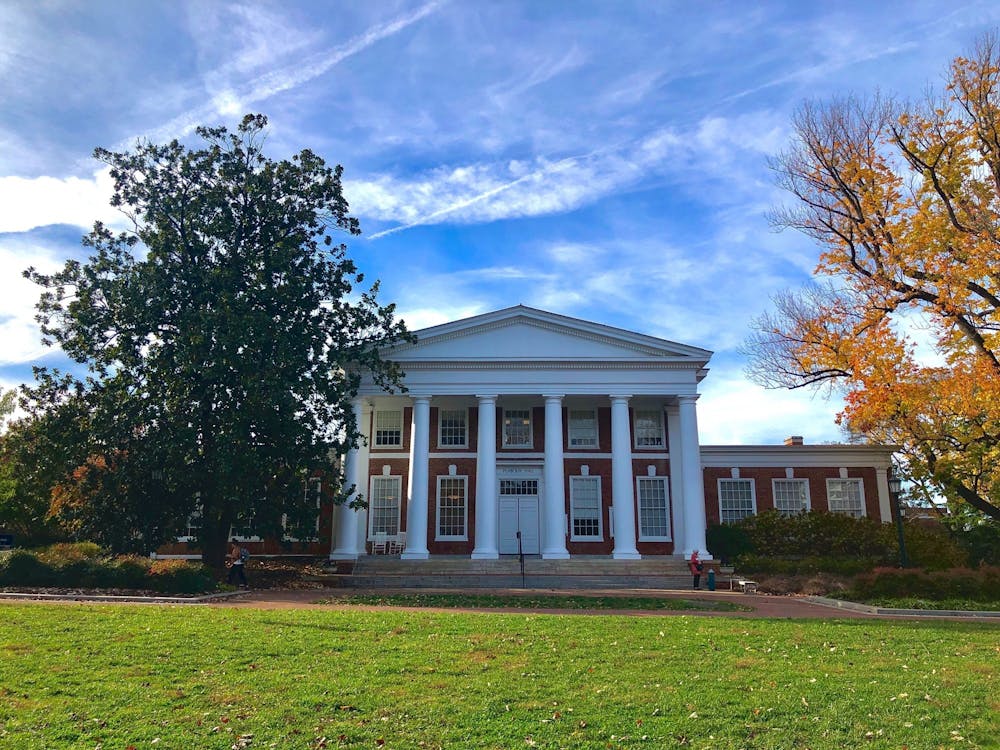The state of Virginia was granted the ability to perform tests on blood samples for the Zika virus yesterday, following an announcement that the commonwealth’s Division of Consolidated Laboratory Services received permission to commence tests on suspected blood samples by the Centers for Disease Control and Prevention earlier this month.
Zika — a mosquito-carried virus which has broken out in South and Central America and the Caribbean — has been linked to the microcephaly, or the development of small brains or heads in infants if the virus is contracted by pregnant women. The United States currently counts 800 cases of the virus in 40 different states within its borders as well as U.S. territories, including in 89 pregnant women.
According to a press release from the Department of General Services — which oversees the DCLS — the ability of the state to commence testing came in a timely manner, as mosquito season begins May 1. DCLS Director of Laboratories Dr. Denise Toney was cited in the release saying the testing both helped provide appropriate patient care as well as provided supporting public health responses.
Before the DCLS was allowed to perform the tests, the CDC carried out all Zika virus tests from the state of Virginia, who currently holds 11 cases of the virus on record. Toney said her division was subject to a screening procedure by the CDC before they were allowed to begin testing samples in Virginia.
“Since [Zika testing] is a diagnostic test, we had to take it through our standard validation test,” Toney said. “There are criteria that are issued on human samples that is going to be used diagnostically: there is a qualification panel, in which there are qualification isolates that they send to us and we have to test and send them back to them”.
Toney said the process spanned about a month, and the division was ultimately informed that they could begin testing April 7. However, there was a delay of about a week before testing began, Toney said, so that logistical issues within the division could be regarding the implementation of the testing.
The new service provided by the state coincides with a joint press release issued yesterday by Virginia Sens. Tim Kaine and Mark Warner (D), along with 40 other members of the Senate, urging Congress to pass a $1.9 billion emergency spending measure created by the Obama administration designed to prevent the spread and provide treatment for the Zika virus.
Amy Dudley, director of communications for Kaine’s office, said Kaine supported any additional testing sites for the virus. Dudley added the most important manner of combatting the spread of the virus was to support the package promoted by the administration.
“Sen. Kaine is supportive of any additional testing sites for the Zika virus, so he welcomes this news,” Dudley said in an email statement. “Sen. Kaine believes the most important thing we can do right now is secure passage of President Obama’s emergency supplemental funding request of $1.9 billion for prevention and treatment.”
Correction: This article previously misspelled Denise Toney’s last name in five places as “Tonie.” This article has been updated to reflect the correct spelling of her name.






